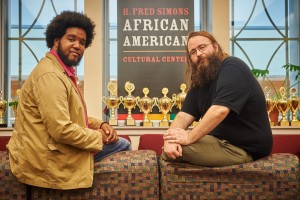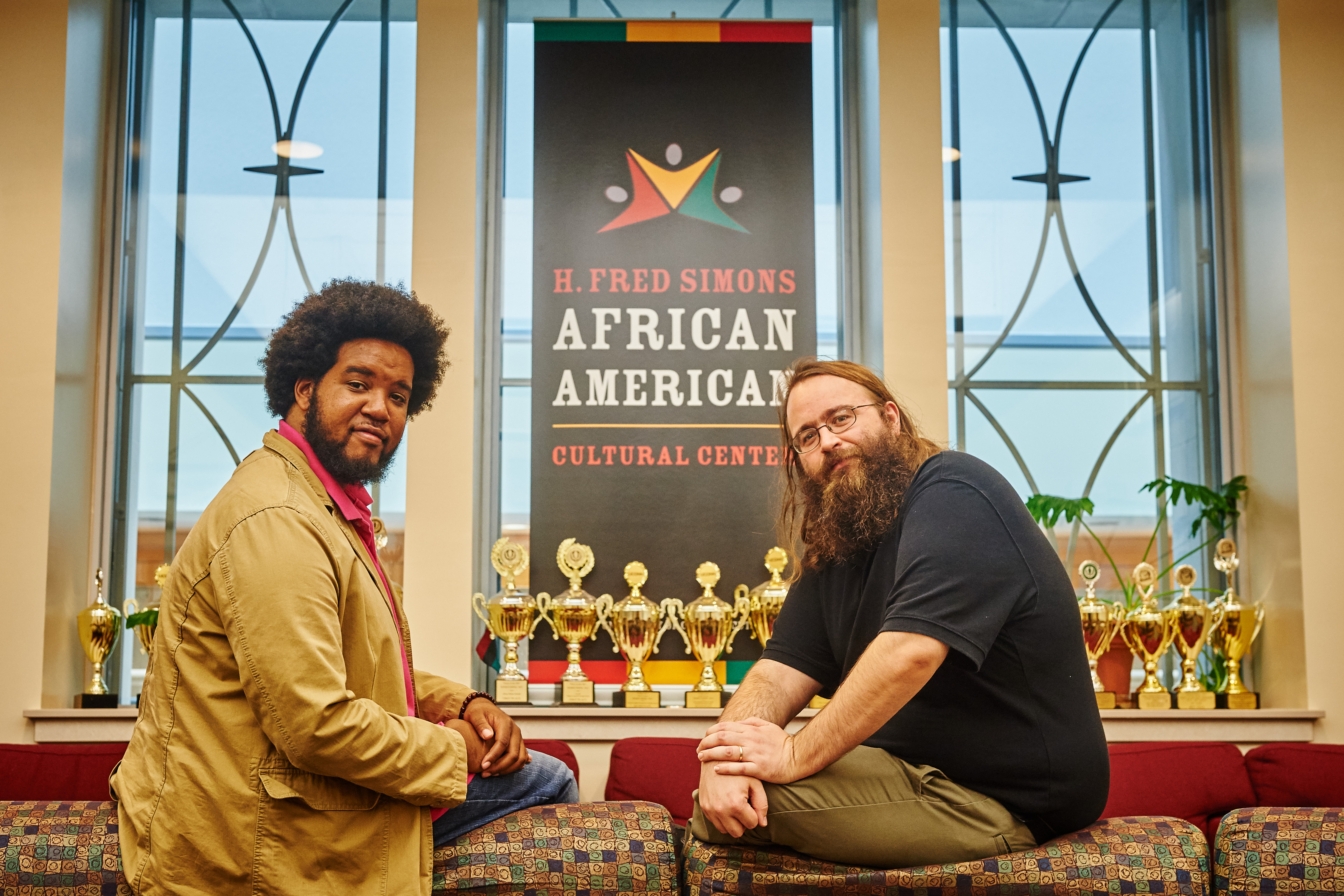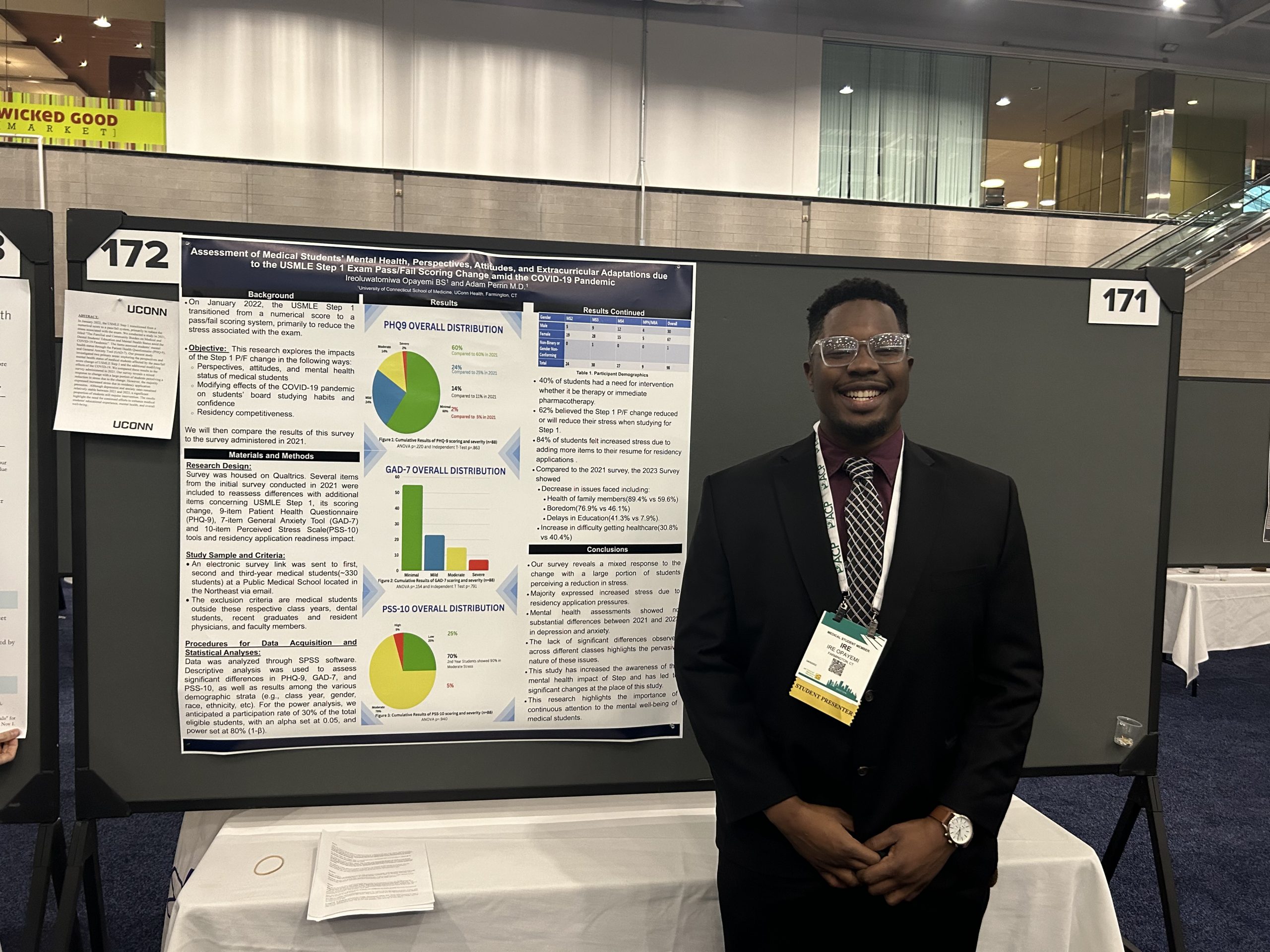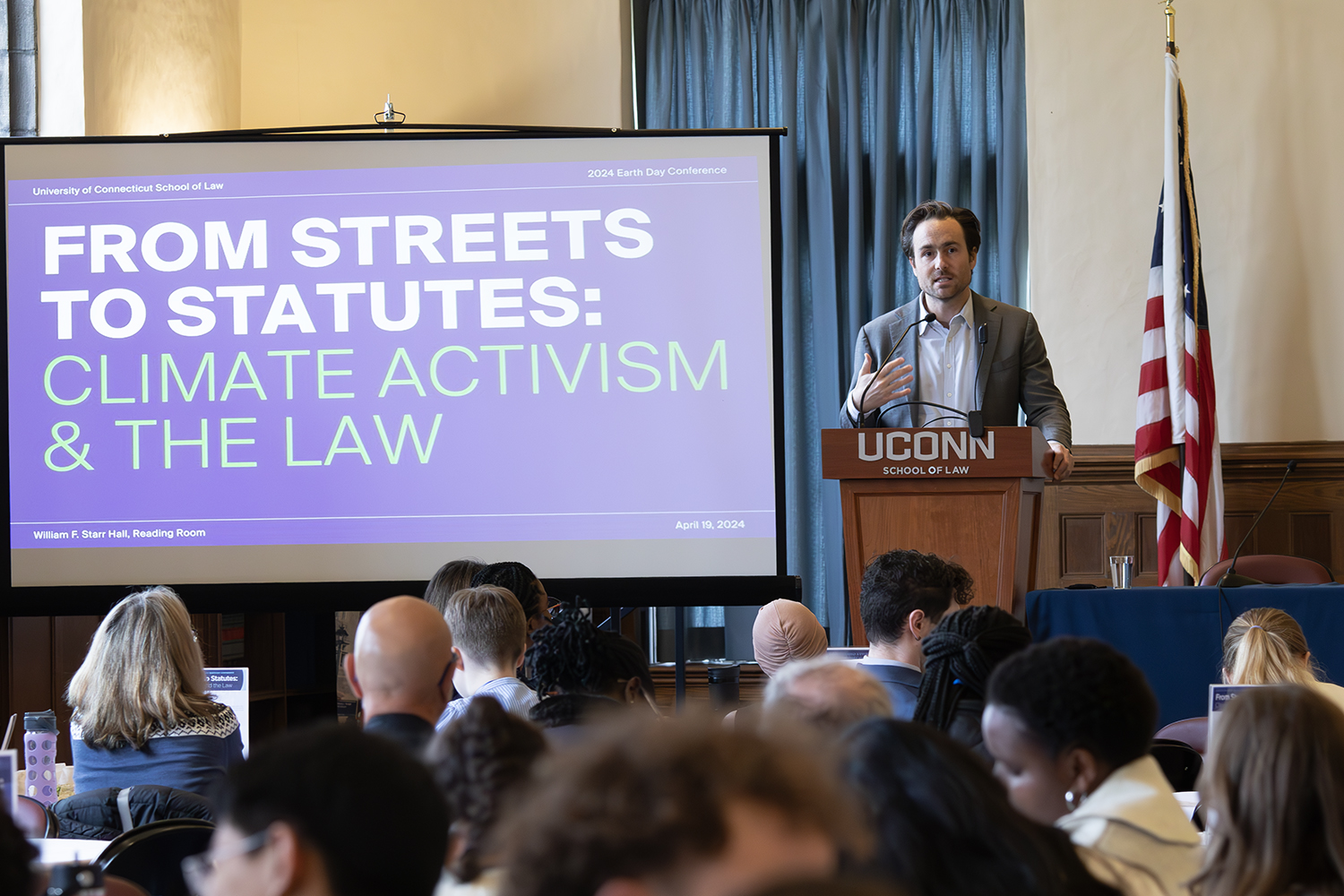An academic conference provides many opportunities for scholars to present, discuss and debate the focused theme of the gathering. It is also an important place for graduate students to test their ideas and receive valuable insight from a variety of academics who can offer constructive criticism on how to further develop their scholarly inquiry.
The international group of philosophers arriving Friday in Storrs for the Philosophy Born of Struggle (PBOS) conference will focus their discussions primarily on “Embodied Philosophy and Epistemologies of Liberation,” raising questions on strategies or conceptualizations by groups of people trying to cope with various forms of oppression.
The conference is organized by Lewis Gordon, professor of philosophy and Africana Studies, and Jane Anna Gordon, associate professor of political science and Africana Studies and president of the Caribbean Philosophical Association. The conference will take place at the Student Union and will be based at the African American Culture Center.

Among those presenting their ideas this week are two UConn doctoral candidates, Tom Meagher and Darian Spearman, who hope to learn from the scholars who will ponder questions such as: Do embodied philosophies challenge the notion of philosophy itself? Are there epistemic consequences of both oppression and the cultivation of ignorance that effect liberation? In a world full of epistemic obstructions and dehumanization, how can the oppressed construct livable futures?
“PBOS was one of the first organizations to create a space for black philosophers and their non-black interlocutors to meet to discuss shared intellectual and political work,” says Jane Gordon. “We are certain that our students will benefit from interacting with this national and international community in ways that also affirm the indispensability of the tireless, creative efforts of our cultural centers to support this kind of scholarship.”
Meagher is focusing his presentation on issues raised for ethical philosophy in “Sociology Hesitant,” a long-overlooked essay by the pioneering scholar W.E.B. Du Bois.
“Moral philosophers tend to assert a particular conception of human beings and then work out a set of moral rules,” he says. “The most famous approach is Immanuel Kant’s, who argued that morality consists of universal duties amongst rational beings, which were to be worked out prior to answering questions in human ethics. This model, though, faces a problem raised by Du Bois regarding any method of studying human beings. To assert a conception of the object of study is to presuppose a reality that could well be false.”
“Having presupposed it, though, we tend not to see the evidence that falsifies our assumptions,” Meagher adds. “Ethics raises these problems if it requires us to have empirical knowledge of human beings, which even Kant seemed to believe to be the case. Ultimately, I argue this demands that our ethics shouldn’t presuppose a fixed notion of humanity but rather must grapple with our responsibility for what humanity shall become.”
Spearman is examining the concept of scientism, the belief that the scientific method and the institution of science produces the highest knowledge and is the only thing necessary to understand the world.
“The conference has a sub-theme of epistemologies of liberation: What ways of knowing best help liberate people from oppression?” says Spearman. “Scientism is a certain philosophy which claims that the scientific method generates the most authoritative and valuable knowledge in human experience. There is this growing trend of saying that the empirical, calculative scientific way of thinking best explains reality. You can see it in the push for STEM education. This kind of thinking becomes destructive when the oppression of people becomes justified in the name of ‘objectivity’ . I will argue that poetry expresses fundamental things about experience which science can never capture. ”
Both Spearman and Meagher say the PBOS conference provides great benefits for those presenting new ideas and for students seeking information about the philosophy of liberation.
Testing Ideas
“This conference is particularly good for testing ideas because there are people from a diversity of disciplines, methodologies, and philosophical approaches,” Meagher says. “If you’re really serious about philosophy you have to expose your ideas to people who view philosophy differently – including those who are off the beaten path and even those who don’t consider themselves philosophers.”
Adds Spearman: “ A lot of students wouldn’t even know about this field if the conference hadn’t come here. Anyone who wants to find out more can come, meet a bunch of people they might not ordinarily meet, and understand there is a whole new field of study to investigate.”
The keynote speakers for the conference, which takes place Friday and Saturday, will be James H. Cone, Charles Augustus Briggs Distinguished Professor of Systematic Theology, at Union Theological Seminary, the founder of black liberation theology, and Mariana Ortega, professor of philosophy at John Carroll University, who studies Latina Feminism and Heideggerian Phenomenology.



